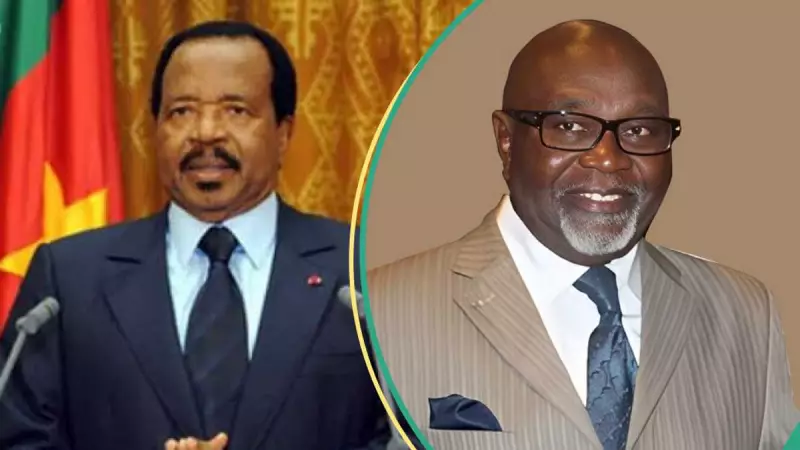
Across the African continent, a significant number of nations are led by presidents who have maintained their positions for decades, creating a unique political landscape dominated by experienced—and elderly—leaders. This phenomenon raises important questions about governance, succession, and the future direction of African politics.
Cameroon's Paul Biya: The Patriarch of African Politics
Topping the list is Cameroon's President Paul Biya, who at 91 years old represents the longest-serving head of state in Africa. Having assumed office in 1982, Biya has guided Cameroon for over four decades through various political and economic challenges. His leadership style and advanced age have become subjects of intense discussion both domestically and internationally.
The Top 10 Oldest Sitting Presidents in Africa
The roster of Africa's most senior presidents presents a fascinating study in longevity and political endurance:
- Paul Biya (Cameroon) - 91 years old, in power since 1982
- Alassane Ouattara (Ivory Coast) - 82 years old
- Nana Akufo-Addo (Ghana) - 80 years old
- Teodoro Obiang Nguema Mbasogo (Equatorial Guinea) - 81 years old
- Denis Sassou Nguesso (Republic of Congo) - 80 years old
- Yoweri Museveni (Uganda) - 79 years old
- Mahamat Déby (Chad) - 61 years old
- Abdelmadjid Tebboune (Algeria) - 78 years old
- Ismail Omar Guelleh (Djibouti) - 76 years old
- Macky Sall (Senegal) - 62 years old
Patterns of Presidential Longevity
The concentration of older leaders across Africa reveals several important patterns. Many of these presidents have maintained power through constitutional amendments, political maneuvering, and established patronage networks. Their extended tenures have significantly shaped their nations' development trajectories and international relationships.
Interestingly, the list shows a mix of leaders from different regions of Africa, indicating that this trend is not confined to any specific geographic area or political system. From West Africa to Central Africa and the Horn of Africa, experienced leadership remains a common feature.
Implications for African Governance
The prevalence of elderly presidents raises crucial questions about political succession, youth representation, and the future of democratic transitions across the continent. While experience brings stability and continuity, it also prompts discussions about generational change and fresh perspectives in leadership.
As Africa continues to navigate complex economic, social, and security challenges, the age and tenure of its leaders will remain a significant factor in shaping the continent's political evolution and development agenda.





